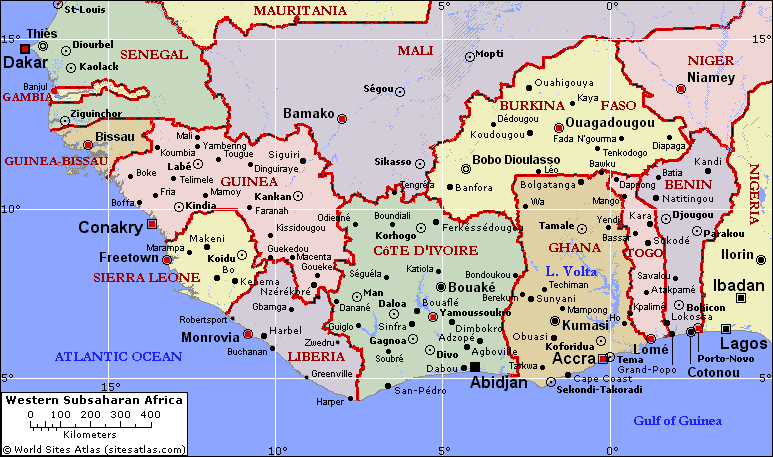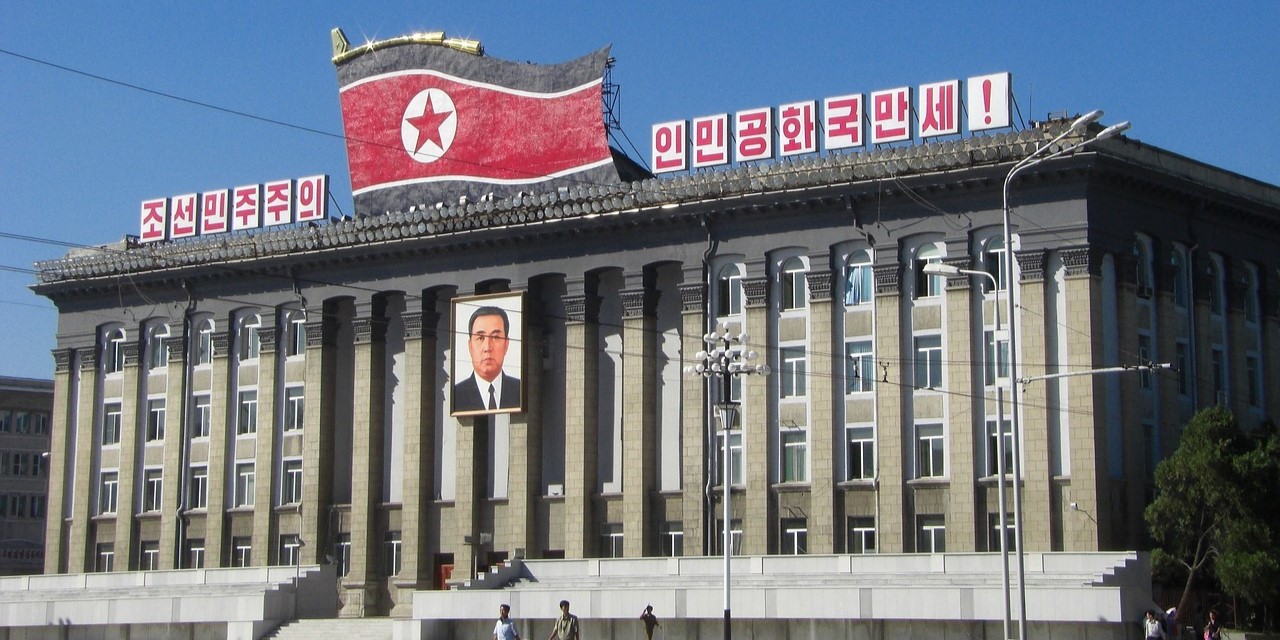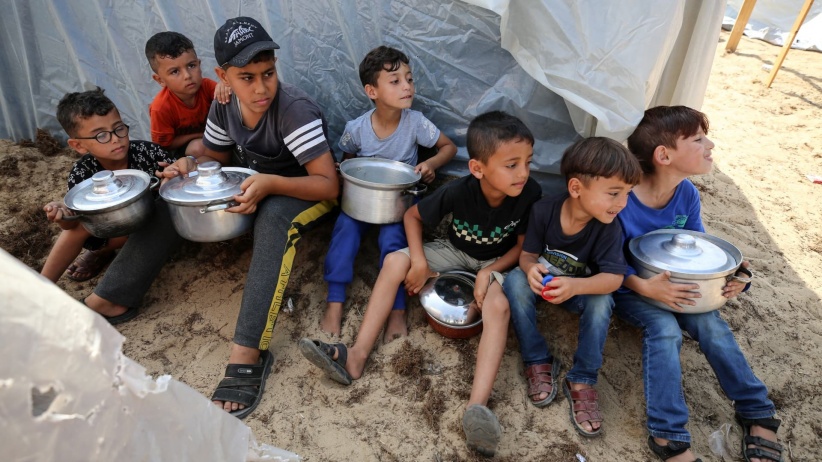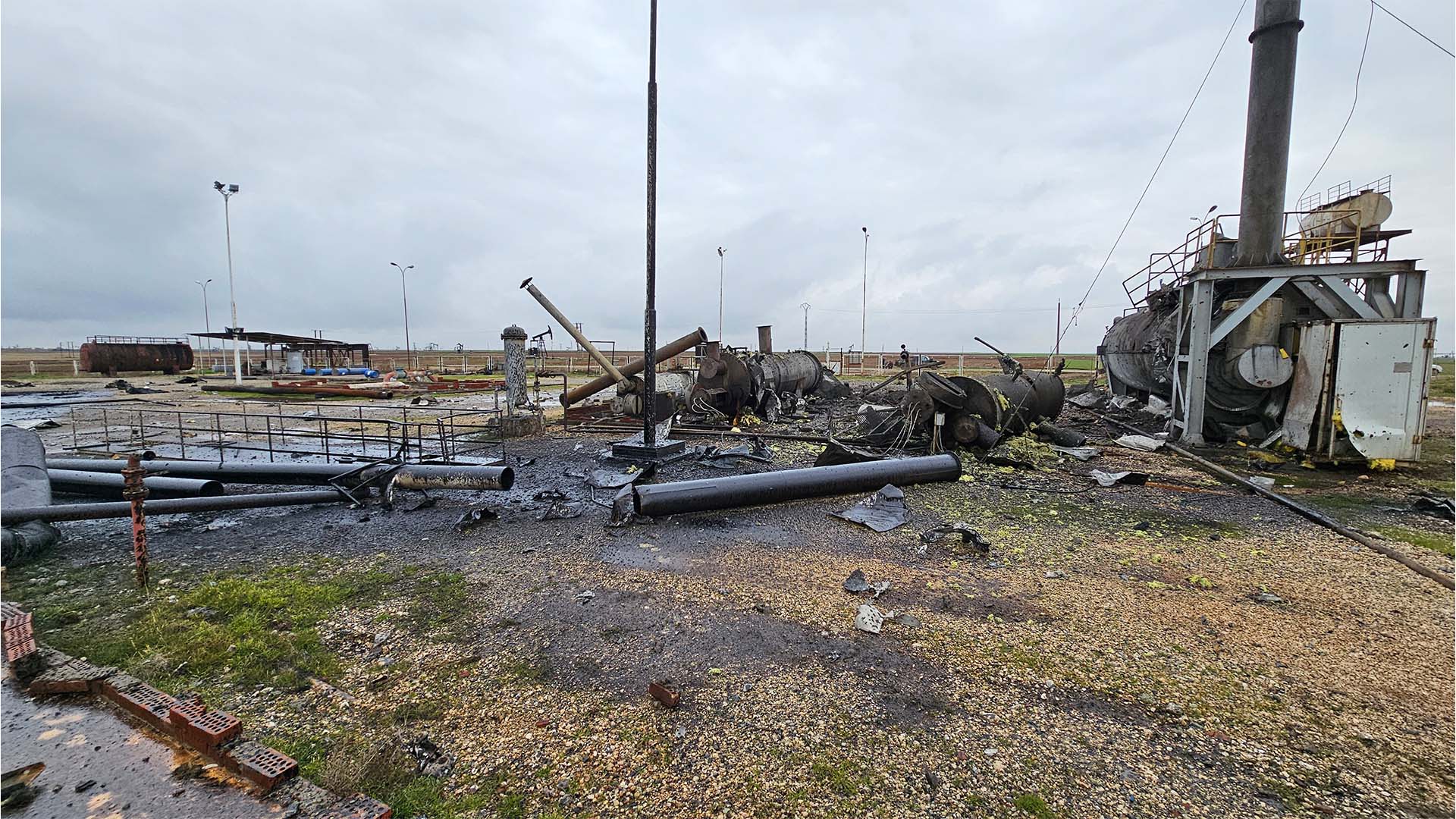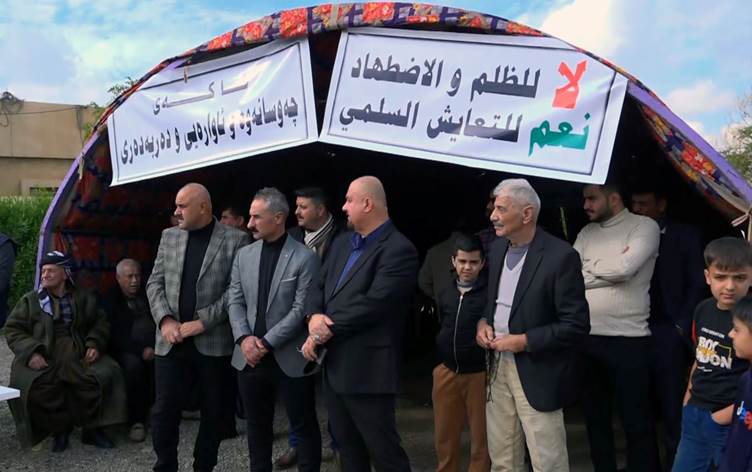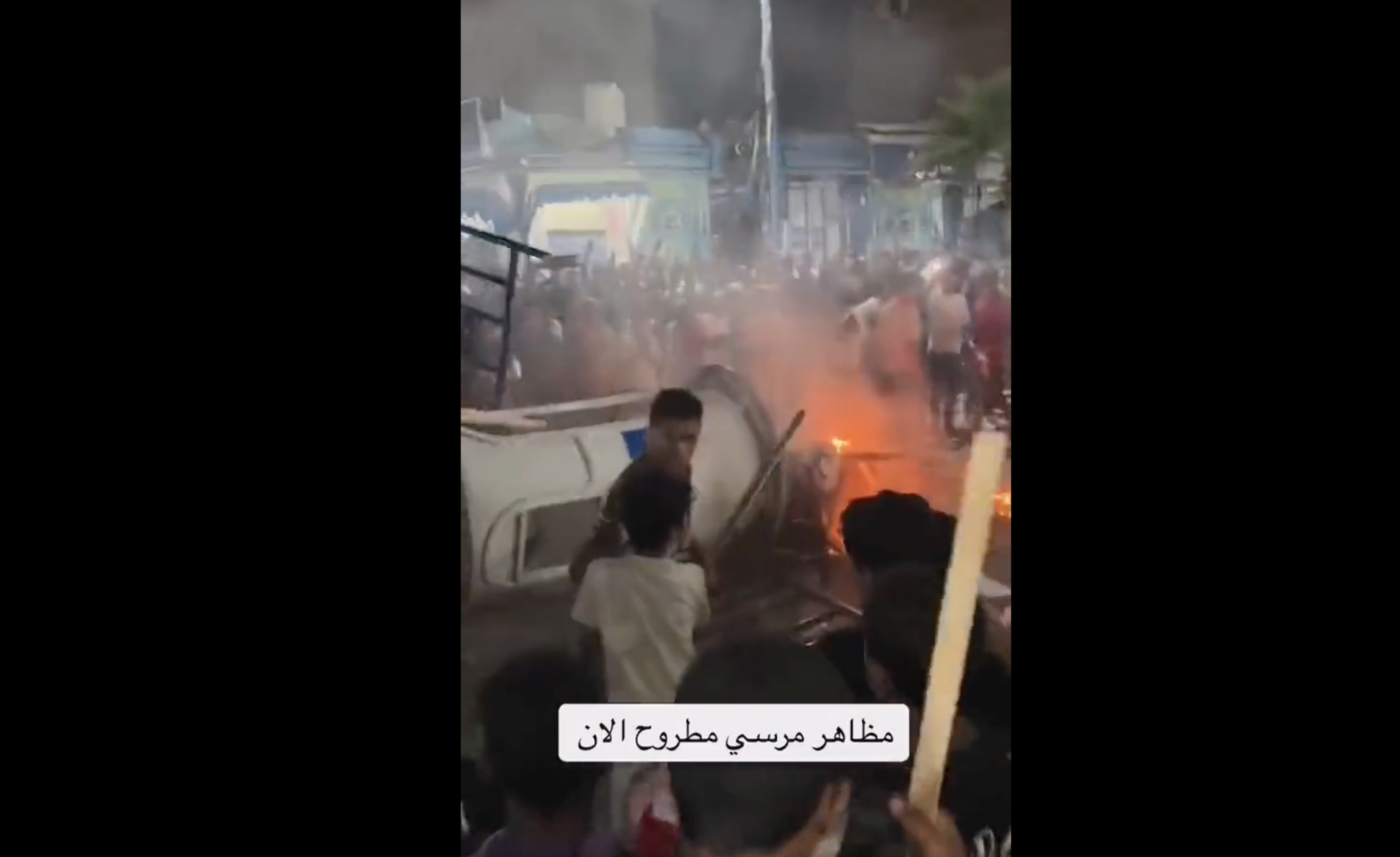
Arbitrary detentions amid Egypt protest wave
Egyptian security forces have detained 119 people, including at least one child, since the start of the month for participating in anti-government protests, Amnesty International reports. In recent weeks, frustrations over price hikes and power cuts have spurred demonstrations and calls for revolution against the government of President Abdel Fattah al-Sisi. The arrests have spanned six governorates, with some prominent activists being detained in raids on their homes. Several detainees are in the hands of the elite Supreme State Security Prosecution (SSSP), where they are being investigated on dubious charges that include “joining a terrorist group, publishing false news, and misuse of social media.” (Photo via Twitter. Caption reads: “Protests now in Mursa Matrouh”)



